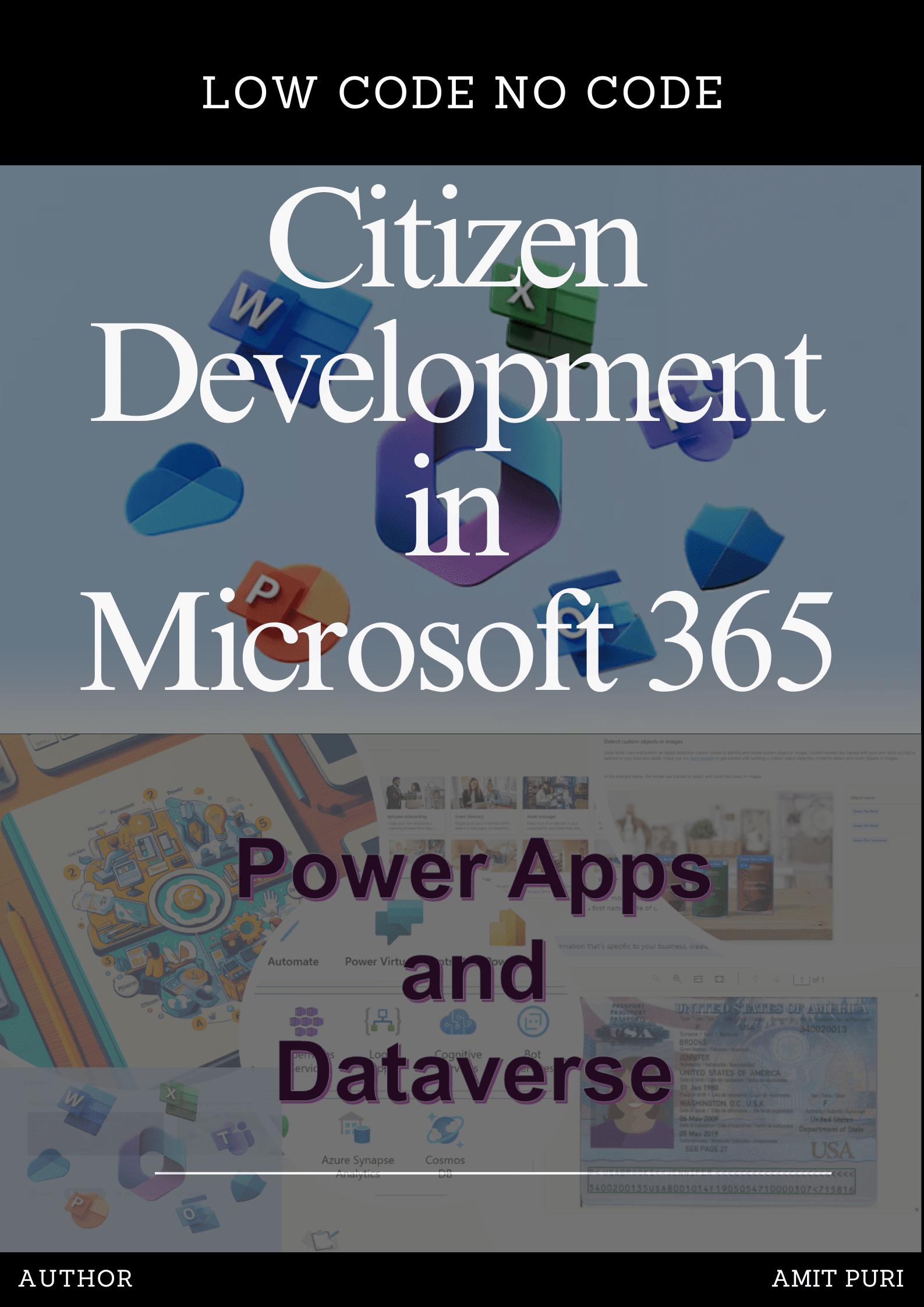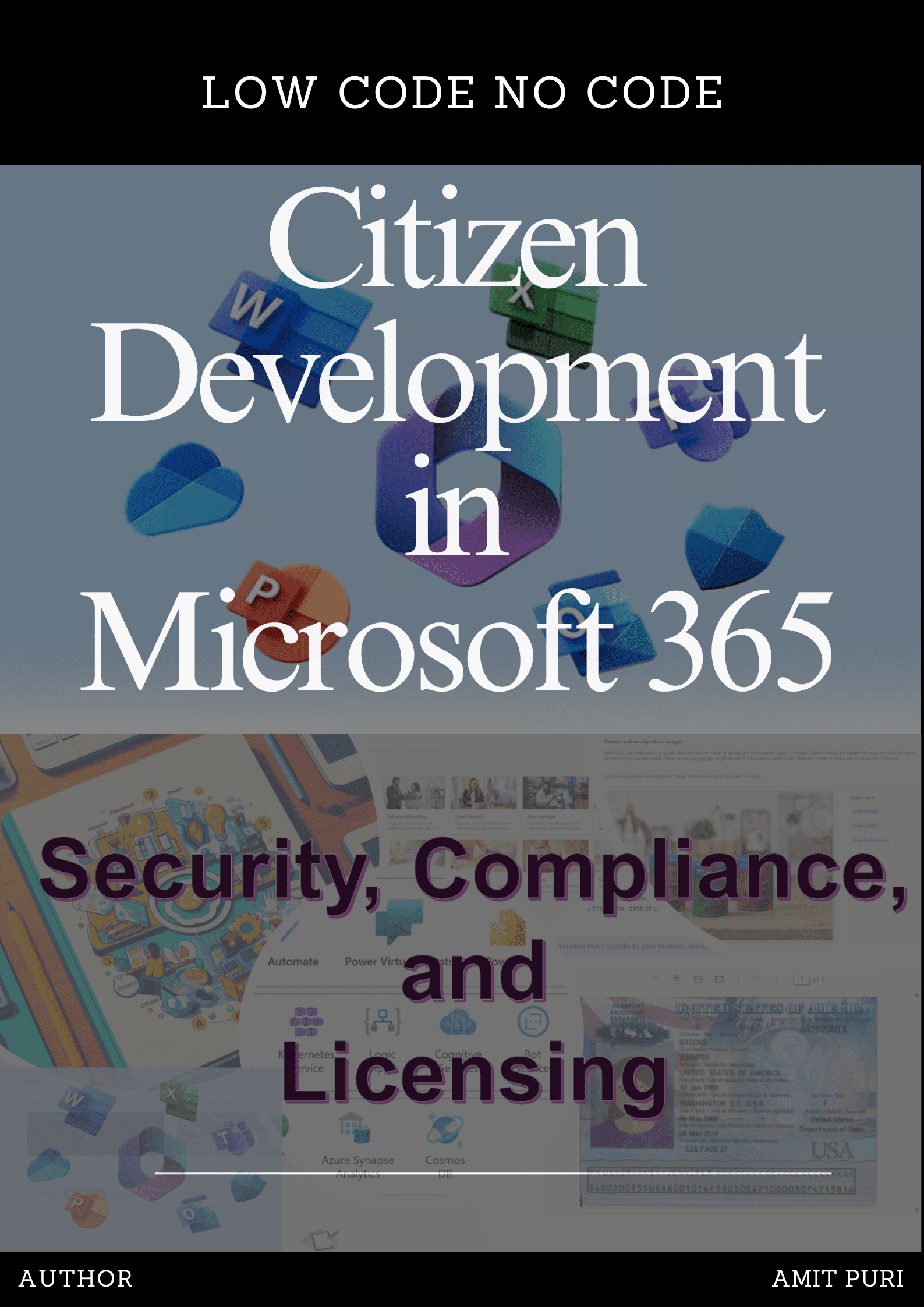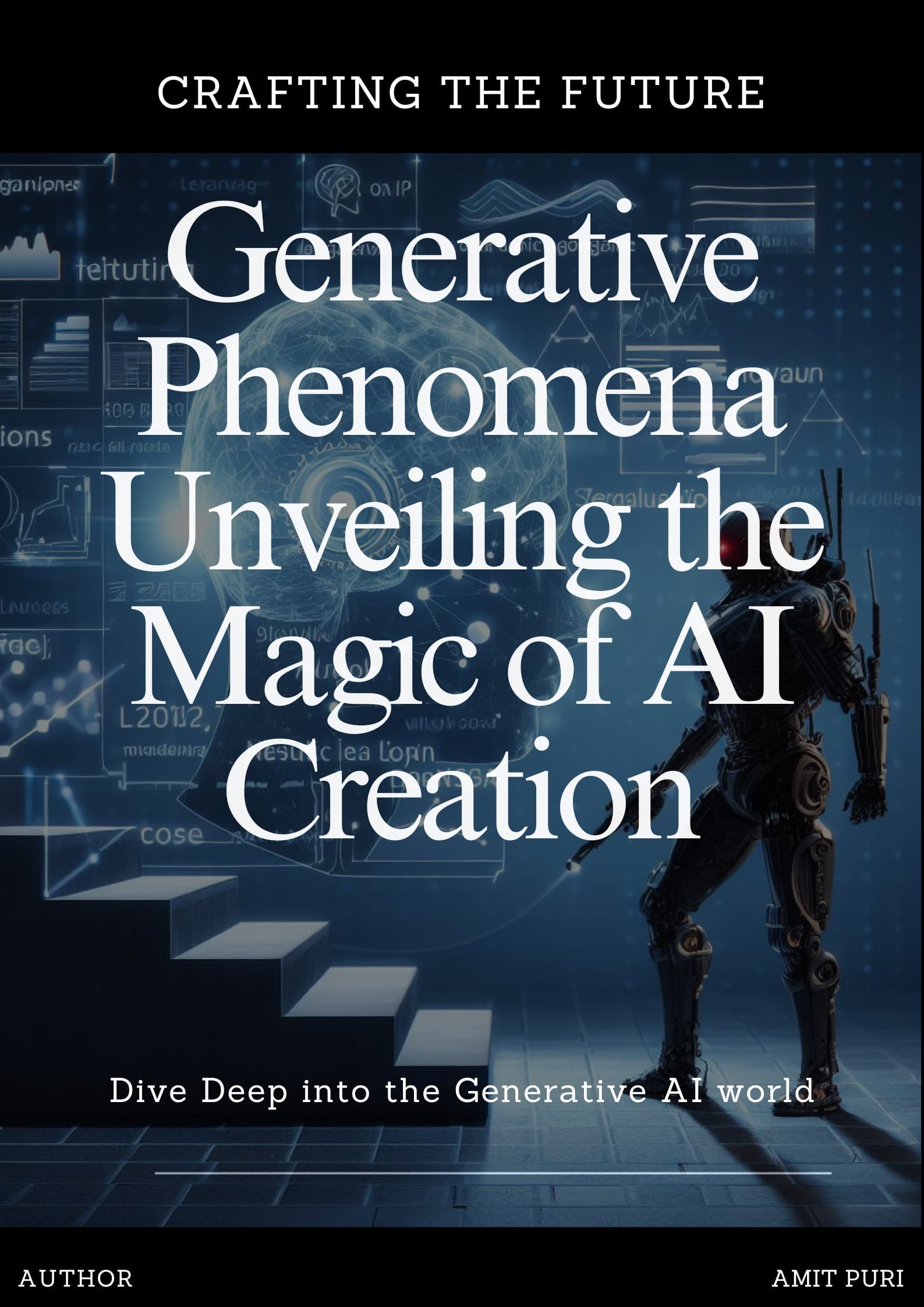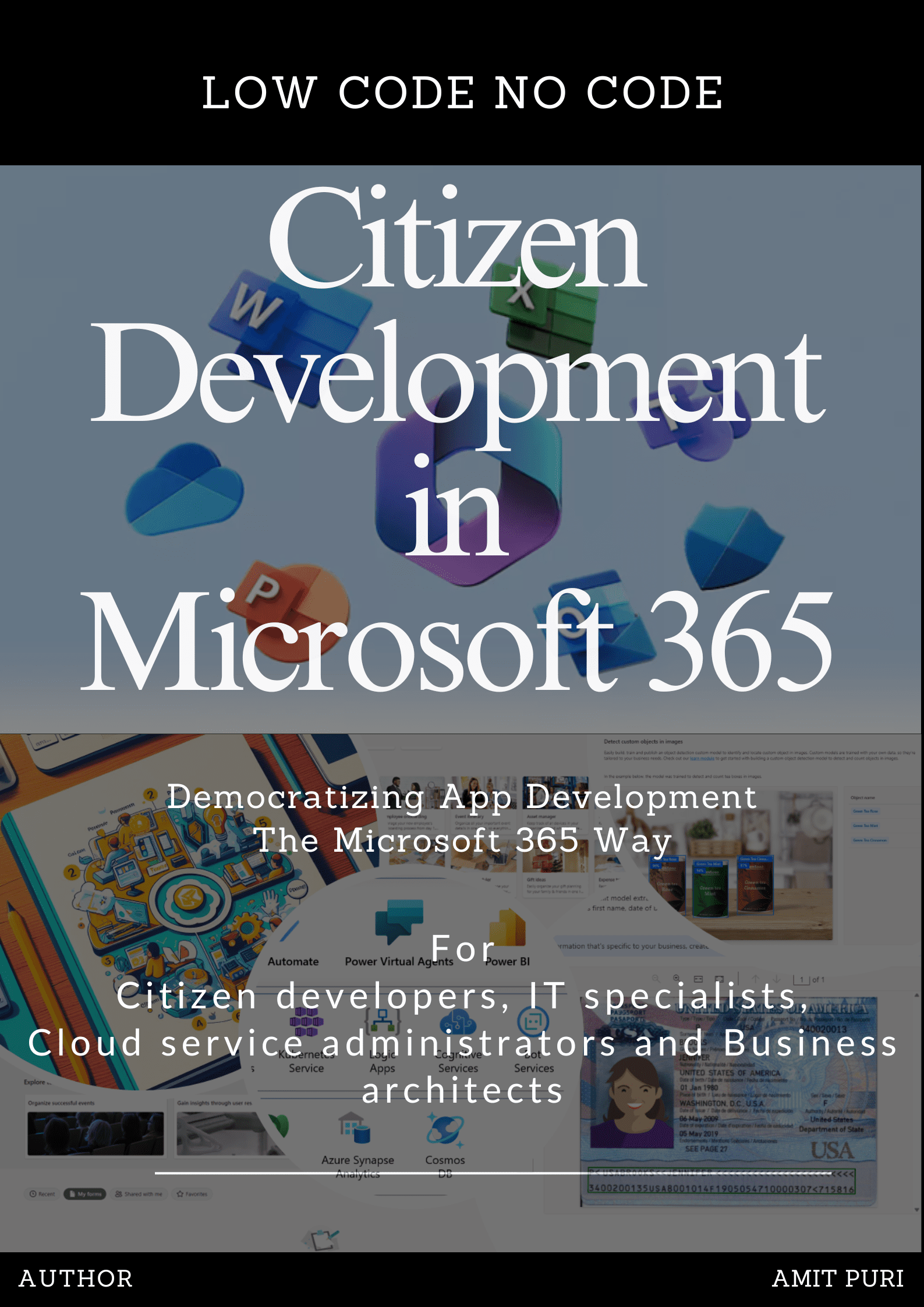4 min to read
Chapter 08 - Empower Your Apps: Power Apps and Dataverse
Democratizing App Development: The Microsoft 365 Way

| Previous Chapter | 08/11 | Next Chapter |
|---|
Power Apps, a key component of Microsoft’s Power Platform, is a suite that allows users to build custom applications tailored to their business needs without the necessity of extensive coding knowledge. It provides a user-friendly interface where apps can be designed to work across desktops, tablets, and mobile devices. Complementing Power Apps is Dataverse, formerly known as the Common Data Service. Dataverse is a secure and scalable data platform integrated into Power Apps, which allows users to store and manage data used by business applications. It offers a set of capabilities that include rich business data types, logic, validation, and more. Together, Power Apps and Dataverse empower businesses to create data-driven applications efficiently, ensuring that data remains integrated, current, and easily accessible across the organization.
Power Apps and Dataverse: Pillars of the Power Platform
Power Apps: Power Apps is a pivotal service within Microsoft’s Power Platform, designed to democratize the app development process. It provides a low-code environment, enabling both developers and business users to create custom applications tailored to their specific needs without requiring extensive coding expertise.
There are primarily three types of apps that can be created using Power Apps:
-
Canvas Apps: These apps are designed from a blank canvas, much like designing a PowerPoint slide. Users can drag and drop various controls, media, and data sources onto the canvas to design the app’s user interface. The primary advantage of Canvas Apps is the flexibility they offer in terms of design and user experience.
-
Model-driven Apps: These apps are data-first and are driven by the underlying data model and business processes in Dataverse. The app’s design is largely determined by the components you add and the data you choose to display. They are especially useful for complex business scenarios where the data structure and relationships are paramount.
-
Portal Apps: These are external-facing apps that allow external users to view and interact with data stored in Dataverse.
Dataverse: Dataverse, previously known as the Common Data Service (CDS), is the data platform service in the Power Platform. It provides a secure and scalable environment to store and manage data used by business applications.
Key Features of Dataverse:
-
Rich Data Types: Dataverse supports a wide variety of data types, from simple text and numbers to more complex types like images, files, and even custom types defined by users.
-
Business Logic: Users can define business rules, workflows, and business process flows to ensure data consistency and automate processes.
-
Security: Dataverse offers a robust security model, allowing administrators to define fine-grained permissions on data, ensuring that only authorized users can access or modify it.
-
Integration: Dataverse is deeply integrated with the broader Microsoft ecosystem, including Power Apps, Power Automate, and Power BI. This ensures that data can flow seamlessly between different services, enabling rich and interactive applications.
-
Dataverse for Teams: This is a subset of Dataverse capabilities tailored for Microsoft Teams. It allows users to build apps, flows, and chatbots directly within Teams, leveraging the power of Dataverse.
Understand the intricacies of both canvas and model-driven apps, and discover how to seamlessly incorporate them into personal and tab applications. Delve deeper into the features of Dataverse for Teams, its integration within the Teams environment, and be aware of its constraints.
- Understand key elements of Microsoft Poweer Platform Dive into the design and implementation of Canvas and model-driven apps within Power Apps.
- Engage with the capabilities of Dataverse for Teams, gaining insights into primary and advanced data classifications, storage alternatives (relational and non-relational), support for files and visuals, and methods for data retrieval, filtering, sorting, and advanced querying.
- Evaluate the differences and similarities between Dataverse for Teams and Microsoft Dataverse to ascertain the optimal choice for integration with Microsoft 365 and Teams.
| Now, available on | |||
|---|---|---|---|

|
|||
| India | UK | Canada | Australia |
In conclusion, Power Apps and Dataverse, as integral components of the Power Platform, empower organizations to build custom solutions rapidly. While Power Apps provides the tools to design these solutions, Dataverse ensures that they are backed by a robust, secure, and scalable data platform. Together, they form the backbone of Microsoft’s vision for modern business solutions.
Read about the next chapter 09 - Unlocking Confidence: Navigating Security, Compliance, and Licensing in Microsoft 365
Go back to chapters listing on Book - Citizen Development in Microsoft 365
| Previous Chapter | 08/11 | Next Chapter |
|---|
Code snippets
Code snippets link https://bit.ly/cd-m365-cs
Review this book
Goodreads link https://go.amitpuri.com/gr-cd-m365
If you are interested in Citizen Development, refer to this book outline here on A Guide to Citizen Development in Microsoft 365 with Power Platform
| Now, available on | ||||
|---|---|---|---|---|
|
|
||||

|
||||
|
|
|
|
|
|
If you wish to delve into GenAI, read Enter the world of Generative AI
Also, you can look at this blog post series from various sources.
Stay tuned! on Generative AI Blog Series



Comments